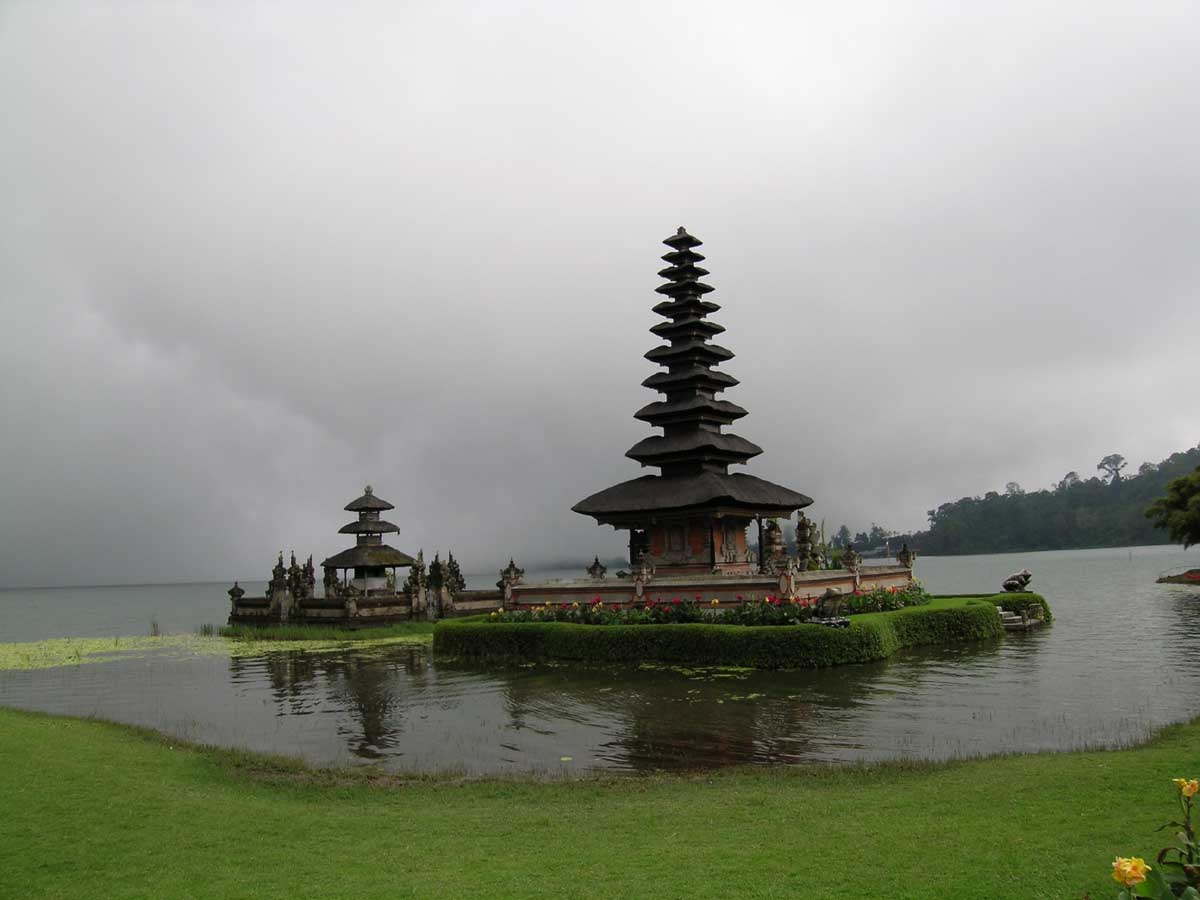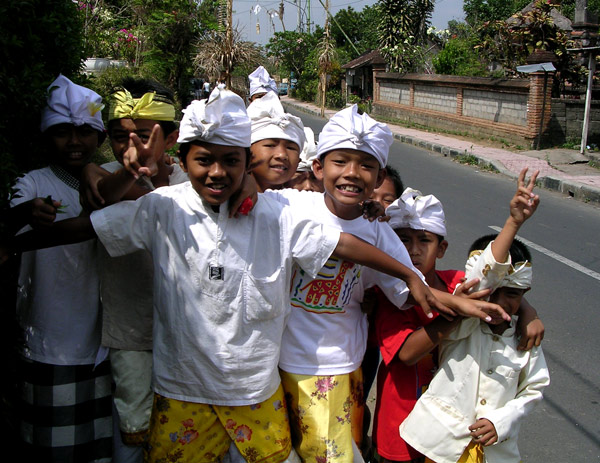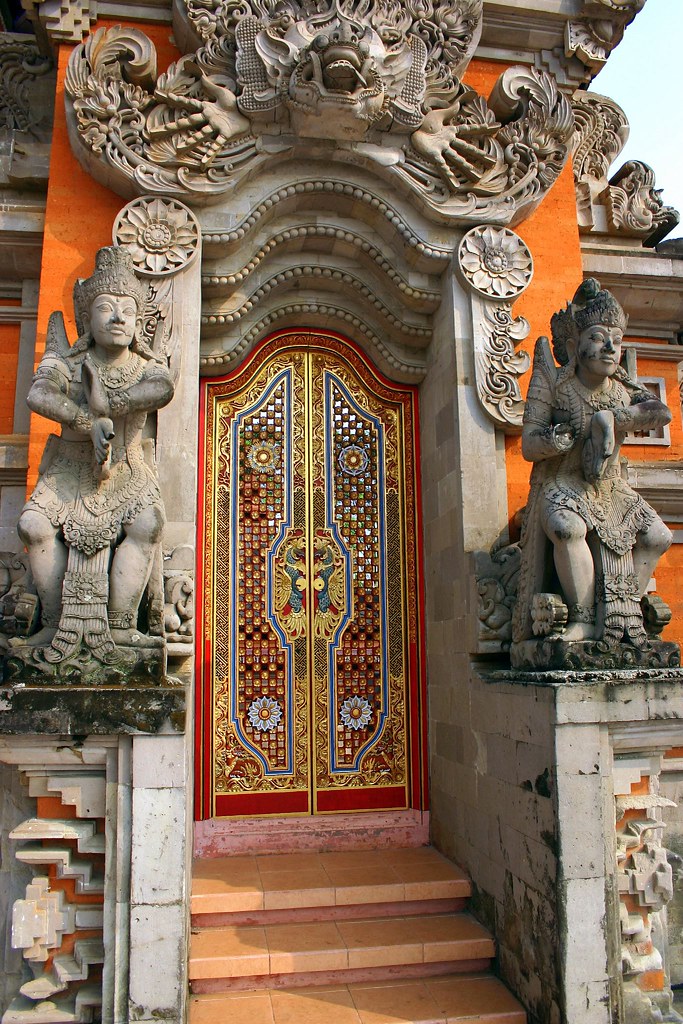Difference between revisions of "Adopting from Indonesia"
(→Who Can Be Adopted) |
(→Hague Convention Information) |
||
| (15 intermediate revisions by 2 users not shown) | |||
| Line 1: | Line 1: | ||
| − | {{#eimage:https://www.cia.gov/library/publications/the-world-factbook/graphics/flags/large/id-lgflag.gif|410x579px|thumb|'''The official flag | + | {{#eimage:https://www.cia.gov/library/publications/the-world-factbook/graphics/flags/large/id-lgflag.gif|410x579px|thumb|'''The official flag.'''<BR/>Source: cia.gov.}} |
| − | {{#eimage:https://www.cia.gov/library/publications/the-world-factbook/graphics/maps/id-map.gif|410x579px|thumb|'''Map | + | {{#eimage:https://www.cia.gov/library/publications/the-world-factbook/graphics/maps/id-map.gif|410x579px|thumb|'''Map.'''<BR/>Source: cia.gov.}} |
| − | {{#eimage:https://www.cia.gov/library/publications/the-world-factbook/graphics/locator/eas/id_large_locator.gif|410x579px|thumb|'''Map | + | {{#eimage:https://www.cia.gov/library/publications/the-world-factbook/graphics/locator/eas/id_large_locator.gif|410x579px|thumb|'''Map.'''<BR/>Source: cia.gov.}} |
| − | {{#eimage:http://www.bigfoto.com/asia/bali/bali-30.jpg|410x579px|thumb|''' | + | {{#eimage:http://www.bigfoto.com/asia/bali/bali-30.jpg|410x579px|thumb|''''''<BR/>Source: bigfoto.com.}} |
{{#eimage:http://upload.wikimedia.org/wikipedia/commons/4/45/Ubud-Kids.jpg|410x579px|thumb|'''Indonesian children.'''<BR/>Source: Wikipedia.org.}} | {{#eimage:http://upload.wikimedia.org/wikipedia/commons/4/45/Ubud-Kids.jpg|410x579px|thumb|'''Indonesian children.'''<BR/>Source: Wikipedia.org.}} | ||
| − | {{#eimage:http://upload.wikimedia.org/wikipedia/commons/thumb/5/5f/Mahameru-volcano.jpeg/800px-Mahameru-volcano.jpeg|410x579px|thumb|'''The Mount Broni volcano | + | {{#eimage:http://upload.wikimedia.org/wikipedia/commons/thumb/5/5f/Mahameru-volcano.jpeg/800px-Mahameru-volcano.jpeg|410x579px|thumb|'''The Mount Broni volcano.'''<BR/>Source: Wikipedia.org.}} |
{{#eimage:http://farm1.staticflickr.com/200/475523466_8a8e372a19_b.jpg|410x579px|thumb|'''Indonesian door.'''<BR/>Source: flickr.com.}} | {{#eimage:http://farm1.staticflickr.com/200/475523466_8a8e372a19_b.jpg|410x579px|thumb|'''Indonesian door.'''<BR/>Source: flickr.com.}} | ||
| Line 15: | Line 15: | ||
{{#eimage:http://upload.wikimedia.org/wikipedia/commons/thumb/b/b6/Jakarta_Skyline_Part_2.jpg/800px-Jakarta_Skyline_Part_2.jpg|410x579px|thumb|'''The Jakarta skyline.'''<BR/>Source: Wikipedia.org.}} | {{#eimage:http://upload.wikimedia.org/wikipedia/commons/thumb/b/b6/Jakarta_Skyline_Part_2.jpg/800px-Jakarta_Skyline_Part_2.jpg|410x579px|thumb|'''The Jakarta skyline.'''<BR/>Source: Wikipedia.org.}} | ||
| − | {{#eimage:http://upload.wikimedia.org/wikipedia/commons/thumb/6/65/1_pura_taman_ayun_bali_2011.jpg/800px-1_pura_taman_ayun_bali_2011.jpg|410x579px|thumb|'''Pura Taman Ayun Bali | + | {{#eimage:http://upload.wikimedia.org/wikipedia/commons/thumb/6/65/1_pura_taman_ayun_bali_2011.jpg/800px-1_pura_taman_ayun_bali_2011.jpg|410x579px|thumb|'''Pura Taman Ayun Bali, Hindu temple.'''<BR/>Source: Wikipedia.org.}} |
| − | {{#eimage:http://upload.wikimedia.org/wikipedia/commons/thumb/ | + | {{#eimage:http://upload.wikimedia.org/wikipedia/commons/thumb/8/8b/1_Tegalalang_rice_terrace_ubud_bali.jpg/800px-1_Tegalalang_rice_terrace_ubud_bali.jpg|410x579px|thumb|'''Tegalalang rice terrace in Bali.'''<BR/>Source: Wikipedia.org.}} |
| + | {{#eimage:http://upload.wikimedia.org/wikipedia/commons/thumb/4/4c/Pura_Tanah_Lot.jpg/800px-Pura_Tanah_Lot.jpg|410x579px|thumb|'''Pura Tanah Lot temple in Bali.'''<BR/>Source: Wikipedia.org.}} | ||
| + | |||
| + | {{#eimage:http://www.bigfoto.com/asia/bali/bali-12.jpg|410x579px|thumb|'''Balinese dancer.'''<BR/>Source: bigfoto.com.}} | ||
| + | |||
| + | {{#eimage:http://upload.wikimedia.org/wikipedia/commons/thumb/5/5c/Great_mosque_in_Medan.JPG/800px-Great_mosque_in_Medan.JPG|410x579px|thumb|'''The Great Mosque in Medan.'''<BR/>Source: Wikipedia.org.}} | ||
| + | |||
| + | {{#eimage:http://upload.wikimedia.org/wikipedia/commons/thumb/5/5a/Bali_0720a.jpg/800px-Bali_0720a.jpg|410x579px|thumb|'''Balinese women preparing for a religious festival.'''<BR/>Source: Wikipedia.org.}} | ||
| + | |||
| + | |||
| + | '''Notice: As of July 14, 2014, all individuals and agencies facilitating [[international]] adoptions must be in compliance with the Intercountry [[Universal Accreditation Act]].''' | ||
| + | |||
| + | The information contained on this website is for educational purposes only and is not intended to be a substitute for professional legal advice. Always seek the advice of a licensed and qualified professional. While the content of this website is frequently updated, information changes rapidly and therefore, some information may be out of date, and/or contain inaccuracies, omissions or typographical errors. | ||
| + | |||
| + | |||
| + | =About Indonesia= | ||
| + | |||
| + | The Dutch began to colonize [[Indonesia]] in the early 17th century; [[Japan]] occupied the islands from 1942 to 1945. [[Indonesia]] declared its independence shortly before [[Japan]]'s [[surrender]], but it required four years of sometimes brutal fighting, intermittent negotiations, and UN mediation before the [[Netherlands]] agreed to transfer sovereignty in 1949. To learn more please read [[About Indonesia]]. | ||
=Hague Convention Information= | =Hague Convention Information= | ||
| − | Indonesia is not party to the Hague Convention on Protection of Children and Co-operation in Respect of Intercountry [[Adoption]] ([http://adoption.state.gov/hague_convention/overview.php Hague Adoption Convention]). Intercountry adoptions of children from non-Hague countries are processed in accordance with [http://www.ecfr.gov/cgi-bin/text-idx?c=ecfr&rgn=div5&view=text&node=8:1.0.1.2.8&idno=8#8:1.0.1.2.8.1.1.3 8 Code of Federal Regulations, Section 204.3] as it relates to orphans as defined under the [ | + | [[Indonesia]] is not party to the Hague Convention on Protection of Children and Co-operation in Respect of Intercountry [[Adoption]] ([http://adoption.state.gov/hague_convention/overview.php Hague Adoption Convention]). Intercountry adoptions of children from non-Hague countries are processed in accordance with [http://www.ecfr.gov/cgi-bin/text-idx?c=ecfr&rgn=div5&view=text&node=8:1.0.1.2.8&idno=8#8:1.0.1.2.8.1.1.3 8 Code of Federal Regulations, Section 204.3] as it relates to orphans as defined under the [https://www.uscis.gov/laws-and-policy/legislation/immigration-and-nationality-act Immigration and Nationality Act, Section 101(b)(1)(F)]. To learn more please read about [[Indonesia and the Hague Convention]]. |
| + | =Who Can Adopt= | ||
| − | + | In addition to U.S. immigration requirements, you must also meet multiple requirements in order to [[adopt]] a child from [[Indonesia]]. To learn more please read about [[Who Can Adopt from Indonesia]]. | |
| − | + | =Who Can Be Adopted= | |
| + | In addition to U.S. immigration requirements, [[Indonesia]] has specific requirements that a child must meet in order to be eligible for [[adoption]]. To learn more please read about [[Who Can Be Adopted from Indonesia]]. | ||
| − | |||
| + | =How to Adopt= | ||
| − | + | ==Adoption Authority== | |
| + | '''[[Indonesia]]'s [[Adoption]] Authority''' | ||
| − | + | The Ministry of Social Affairs of the Republic of [[Indonesia]], Directorate of Child Social Service Development | |
| − | + | Additionally, Yayasan Sayap Ibu is the only agency in Jakarta licensed by the Ministry of Social Affairs to facilitate inter-country adoptions. In areas of [[Indonesia]] where Yayasan Sayap Ibu is not represented, the first point of contact should be the Ministry of Social Affairs. | |
| − | |||
| − | == | + | ==The Process== |
| − | + | The process for adopting a child from [[Indonesia]] generally includes the following steps: | |
| − | |||
| − | + | # Choose an [[Adoption Service Provider|adoption service provider]] | |
| + | # Apply to be found eligible to [[adopt]] | ||
| + | # Be matched with a child | ||
| + | # [[Adopt]] [or gain [[custody]] of] the child in [[Indonesia]] | ||
| + | # Apply for the child to be found eligible for [[orphan]] status | ||
| + | # Bring your child home | ||
| − | + | To learn more about this process please read about [[How to Adopt from Indonesia]]. | |
| − | |||
| − | + | =Traveling Abroad= | |
| − | + | '''Applying for Your U.S. Passport''' | |
| − | + | ||
| − | + | U.S. citizens are required by law to enter and depart the United States on a valid U.S. passport. To learn more please read about [[Traveling Abroad in Indonesia]]. | |
| − | + | ||
| − | + | ||
| − | |||
| − | = | + | =After Adoption= |
| − | + | If PAPs return to their country of residence with their newly [[adopted]] child, they must: | |
| − | + | ||
| − | + | # Report the development of the child to the Indonesian Embassy every year until the child is 18 years old; | |
| + | # Contact the Indonesian Embassy about any future areas of residence; and | ||
| + | # Agree to be visited by a representative from the Indonesian Embassy to monitor and report on the child’s development until the child is 18 years old. | ||
| − | |||
| − | + | We strongly urge you to comply with [[Indonesia]]’s post-[[adoption]] requirements in a timely manner. Your [[Adoption Agency|adoption agency]] may be able to help you with this process. Your cooperation will contribute to that country’s positive experiences with U.S. citizen [[Adoptive Parents|adoptive parents]]. | |
| − | + | '''Post-[[Adoption]] Resources''' | |
| − | + | Many [[Adoptive Parents|adoptive parents]] find it important to find support after the [[adoption]]. There are many public and private nonprofit post-[[adoption]] services available for children and their families. There are also numerous adoptive family support groups and [[adoptee]] [[organizations]] active in the United States that provide a network of options for adoptees who seek out other adoptees from the same country of origin. Take advantage of all the resources available to your family, whether it is another adoptive family, a support group, an advocacy organization, or your religious or community services. | |
| − | + | Here are some places to start your support group search: | |
| − | + | ||
| − | + | ||
| − | + | ||
| − | + | ||
| − | + | ||
| − | |||
| − | + | [https://www.childwelfare.gov/ Child Welfare Information Gateway] | |
| − | + | ||
| − | + | ||
| − | + | ||
| − | + | [http://www.nacac.org/ North American Council on Adoptable Children] | |
| − | + | ||
| − | + | ||
| − | + | ||
| − | + | [http://www.adoptionservices.org/adoption_support_groups_family/index.htm Adoption Services Support Groups for Adopting Persons] | |
| − | |||
| − | ''' | + | '''NOTE:''' Inclusion of non-U.S. government links does not imply endorsement of contents. |
| − | |||
| − | = | + | =Contact Information= |
| + | '''U.S. Embassy in Jakarta''' | ||
| + | |||
| + | Jalan Medan Merdeka Selatan #4-5 | ||
| + | Jakarta - 10110 | ||
| + | Tel: 62-21-3435-9000 | ||
| + | Fax: 62-21-385-7189 | ||
| + | Email: JakIV@state.gov | ||
| + | Internet: [http://jakarta.usembassy.gov] | ||
| − | |||
| − | + | '''U.S. Consulate Surabaya''' | |
| + | Jalan Dr. Sutomo No. 33 | ||
| + | Surabaya | ||
| + | Tel: 62-31-297-5300 | ||
| + | Fax: 62-31-297-5301 | ||
| + | Email: consurabaya@state.gov | ||
| − | |||
| + | '''Consulate Agency Bali''' | ||
| + | Jl. Hayam Wuruk 188 | ||
| + | Denpasar | ||
| + | Tel: 62-361-233-605 | ||
| + | Fax: 62-361-222-426 | ||
| + | Email: BaliConsularAgency@state.gov | ||
| − | + | ||
| + | Please note that U.S. Embassy Jakarta is the only U.S. government office in [[Indonesia]] that [[processes]] immigrant visas. | ||
| + | |||
| + | |||
| + | '''[[Indonesia]]’s [[Adoption]] Authority''' | ||
| + | The Ministry of Social Affairs of the Republic of [[Indonesia]], Directorate of Child Social Service Development | ||
| + | Jalan Salemba Raya No. 28 | ||
| + | Jakarta Pusat, [[Indonesia]] | ||
| + | Tel: 62-21-310-0375 | ||
| + | |||
| + | |||
| + | '''Embassy of [[Indonesia]]''' | ||
| + | 2020 [[Massachusetts]] Ave. N.W. | ||
| + | [[Washington]], D.C. 20036 | ||
| + | Tel: 202-775-5200 | ||
| + | Fax: 202-775-5365 | ||
| + | Internet: embassyofindonesia.org Embassy of [[Indonesia]] | ||
| + | |||
| + | |||
| + | [[Indonesia]] also has consulates in: Chicago, Houston, Los Angeles, [[New York]] and San Francisco. | ||
| + | |||
| + | |||
| + | '''Office of Children’s Issues''' | ||
| + | U.S. Department of State | ||
| + | SA-17, 9th Floor | ||
| + | [[Washington]], D.C. 20522-1709 | ||
| + | Tel: 1-888-407-4747 | ||
| + | Email: AskCI@state.gov | ||
| + | Internet: [http://adoption.state.gov U.S. Department of State] | ||
| + | |||
| + | |||
| + | '''U.S. Citizenship and Immigration Services (USCIS)''' | ||
| + | For questions about immigration procedures: | ||
| + | National Customer Service Center (NCSC) | ||
| + | Tel: 1-800-375-5283 (TTY 1-800-767-1833) | ||
| + | Internet: [http://uscis.gov USCIS] | ||
| + | |||
| + | |||
| + | For questions about filing a Form [[I-600A]] or [[I-600]] petition: | ||
| + | National Benefits Center | ||
| + | Tel: 1-877-424-8374 (toll free); 1-816-251-2770 (local) | ||
| + | Email: NBC.Adoptions@DHS.gov | ||
==SOURCE== | ==SOURCE== | ||
| − | '''Intercountry [[Adoption]], Bureau of Consular Affairs. U.S. Department of State Country Information''' | + | '''Intercountry [[Adoption]], Bureau of Consular Affairs. U.S. Department of State Country Information''' [[adoption]].state.gov/country_information/country_specific_info.php?country-select=[[indonesia]] |
[[Category: International Adoption]] | [[Category: International Adoption]] | ||
Latest revision as of 13:34, 8 July 2021
Notice: As of July 14, 2014, all individuals and agencies facilitating international adoptions must be in compliance with the Intercountry Universal Accreditation Act.
The information contained on this website is for educational purposes only and is not intended to be a substitute for professional legal advice. Always seek the advice of a licensed and qualified professional. While the content of this website is frequently updated, information changes rapidly and therefore, some information may be out of date, and/or contain inaccuracies, omissions or typographical errors.
Contents
About Indonesia
The Dutch began to colonize Indonesia in the early 17th century; Japan occupied the islands from 1942 to 1945. Indonesia declared its independence shortly before Japan's surrender, but it required four years of sometimes brutal fighting, intermittent negotiations, and UN mediation before the Netherlands agreed to transfer sovereignty in 1949. To learn more please read About Indonesia.
Hague Convention Information
Indonesia is not party to the Hague Convention on Protection of Children and Co-operation in Respect of Intercountry Adoption (Hague Adoption Convention). Intercountry adoptions of children from non-Hague countries are processed in accordance with 8 Code of Federal Regulations, Section 204.3 as it relates to orphans as defined under the Immigration and Nationality Act, Section 101(b)(1)(F). To learn more please read about Indonesia and the Hague Convention.
Who Can Adopt
In addition to U.S. immigration requirements, you must also meet multiple requirements in order to adopt a child from Indonesia. To learn more please read about Who Can Adopt from Indonesia.
Who Can Be Adopted
In addition to U.S. immigration requirements, Indonesia has specific requirements that a child must meet in order to be eligible for adoption. To learn more please read about Who Can Be Adopted from Indonesia.
How to Adopt
Adoption Authority
Indonesia's Adoption Authority
The Ministry of Social Affairs of the Republic of Indonesia, Directorate of Child Social Service Development
Additionally, Yayasan Sayap Ibu is the only agency in Jakarta licensed by the Ministry of Social Affairs to facilitate inter-country adoptions. In areas of Indonesia where Yayasan Sayap Ibu is not represented, the first point of contact should be the Ministry of Social Affairs.
The Process
The process for adopting a child from Indonesia generally includes the following steps:
- Choose an adoption service provider
- Apply to be found eligible to adopt
- Be matched with a child
- Adopt [or gain custody of] the child in Indonesia
- Apply for the child to be found eligible for orphan status
- Bring your child home
To learn more about this process please read about How to Adopt from Indonesia.
Traveling Abroad
Applying for Your U.S. Passport
U.S. citizens are required by law to enter and depart the United States on a valid U.S. passport. To learn more please read about Traveling Abroad in Indonesia.
After Adoption
If PAPs return to their country of residence with their newly adopted child, they must:
- Report the development of the child to the Indonesian Embassy every year until the child is 18 years old;
- Contact the Indonesian Embassy about any future areas of residence; and
- Agree to be visited by a representative from the Indonesian Embassy to monitor and report on the child’s development until the child is 18 years old.
We strongly urge you to comply with Indonesia’s post-adoption requirements in a timely manner. Your adoption agency may be able to help you with this process. Your cooperation will contribute to that country’s positive experiences with U.S. citizen adoptive parents.
Post-Adoption Resources
Many adoptive parents find it important to find support after the adoption. There are many public and private nonprofit post-adoption services available for children and their families. There are also numerous adoptive family support groups and adoptee organizations active in the United States that provide a network of options for adoptees who seek out other adoptees from the same country of origin. Take advantage of all the resources available to your family, whether it is another adoptive family, a support group, an advocacy organization, or your religious or community services.
Here are some places to start your support group search:
Child Welfare Information Gateway
North American Council on Adoptable Children
Adoption Services Support Groups for Adopting Persons
NOTE: Inclusion of non-U.S. government links does not imply endorsement of contents.
Contact Information
U.S. Embassy in Jakarta
Jalan Medan Merdeka Selatan #4-5 Jakarta - 10110 Tel: 62-21-3435-9000 Fax: 62-21-385-7189 Email: JakIV@state.gov Internet: [1]
U.S. Consulate Surabaya
Jalan Dr. Sutomo No. 33
Surabaya
Tel: 62-31-297-5300
Fax: 62-31-297-5301
Email: consurabaya@state.gov
Consulate Agency Bali
Jl. Hayam Wuruk 188
Denpasar
Tel: 62-361-233-605
Fax: 62-361-222-426
Email: BaliConsularAgency@state.gov
Please note that U.S. Embassy Jakarta is the only U.S. government office in Indonesia that processes immigrant visas.
Indonesia’s Adoption Authority
The Ministry of Social Affairs of the Republic of Indonesia, Directorate of Child Social Service Development
Jalan Salemba Raya No. 28
Jakarta Pusat, Indonesia
Tel: 62-21-310-0375
Embassy of Indonesia
2020 Massachusetts Ave. N.W.
Washington, D.C. 20036
Tel: 202-775-5200
Fax: 202-775-5365
Internet: embassyofindonesia.org Embassy of Indonesia
Indonesia also has consulates in: Chicago, Houston, Los Angeles, New York and San Francisco.
Office of Children’s Issues
U.S. Department of State
SA-17, 9th Floor
Washington, D.C. 20522-1709
Tel: 1-888-407-4747
Email: AskCI@state.gov
Internet: U.S. Department of State
U.S. Citizenship and Immigration Services (USCIS)
For questions about immigration procedures:
National Customer Service Center (NCSC)
Tel: 1-800-375-5283 (TTY 1-800-767-1833)
Internet: USCIS
For questions about filing a Form I-600A or I-600 petition:
National Benefits Center
Tel: 1-877-424-8374 (toll free); 1-816-251-2770 (local)
Email: NBC.Adoptions@DHS.gov
SOURCE
Intercountry Adoption, Bureau of Consular Affairs. U.S. Department of State Country Information adoption.state.gov/country_information/country_specific_info.php?country-select=indonesia













